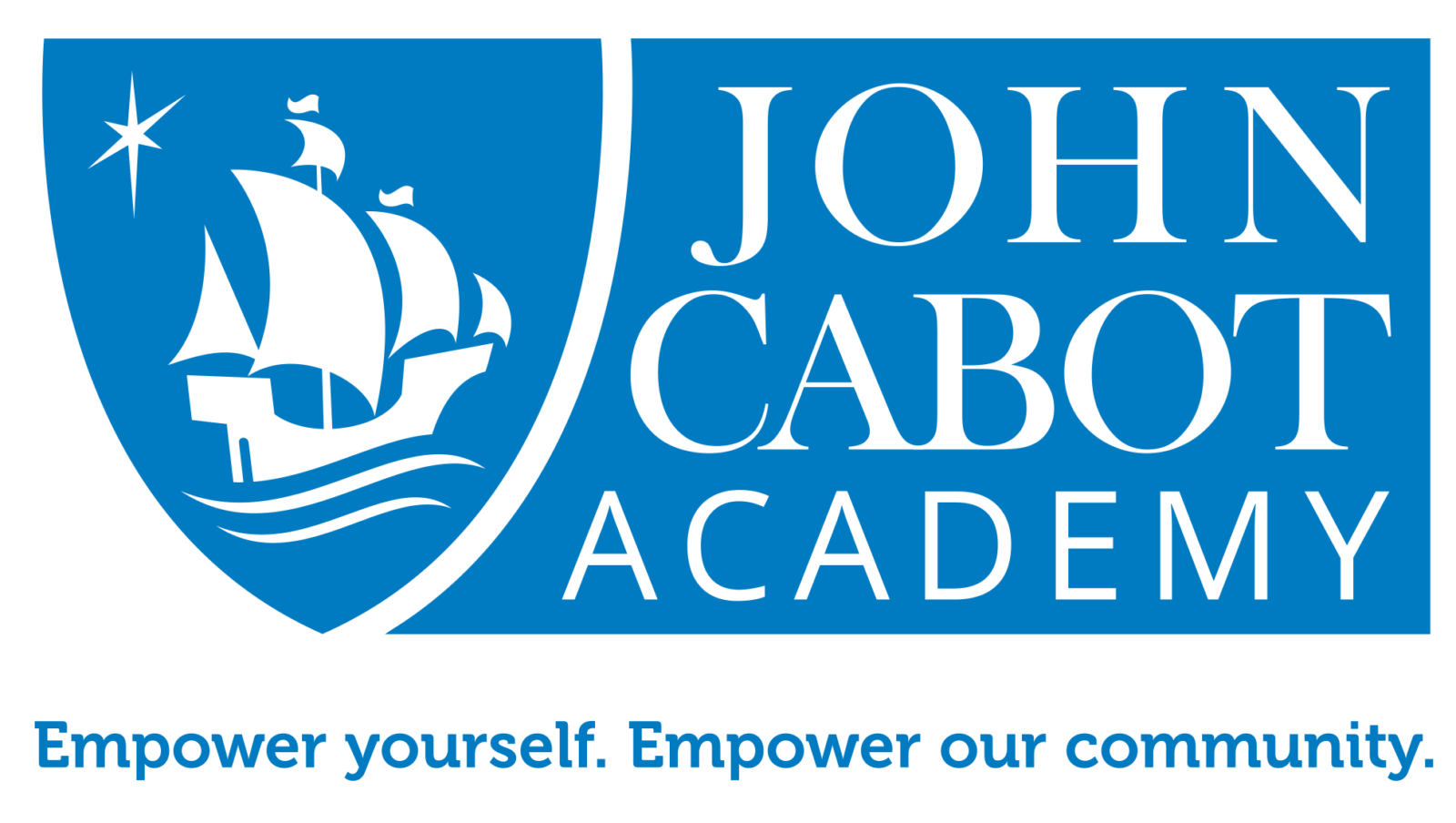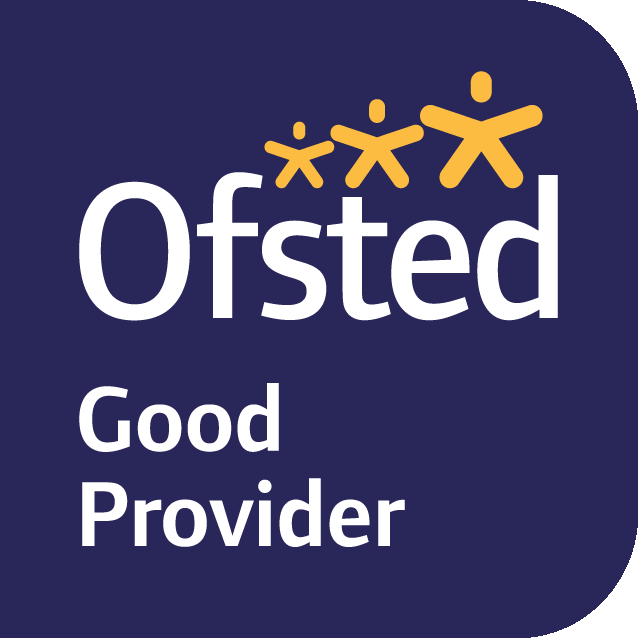Mental Health Support
Counselling
Our Counsellor
JCA employ our own counsellor to support our students, giving students much quicker access to a counsellor than may otherwise be possible.
Issues Brought to Counselling
Pupils bring a wide range of issues to counselling including: bereavement and other loss and change, family and peer relationship difficulties, mental and physical ill health, anxiety, panic attacks, stress, depression, social media and internet issues, assault, sexuality and gender, self-esteem and the impact of Covid-19.
Making a referral
To make an appointment to see our counsellor, either you are a student or parent/carer/teacher you can do so in the following ways:
- Ask school staff (Pastoral/Tutor) to contact the counsellor on your behalf
- Complete a Mental Health Referral Form. This can be done directly via self-referral and students can find these on site. While parents and teachers can refer on students’ behalf only if the student is in agreement.
- Drop-in sessions can be accessed by students without an appointment every Thursday 12:30-13:30pm in room SF2. Please speak with your year group’s SSL to arrange this.
Mental Health Support Team
Our Mental Health Support worker supports children and young people aged 11-16 providing low to moderate Mental Health Support. One aspect of the role involves working on a 1-1 basis with children and sometimes their parents, delivering Low Intensity Cognitive Behavioural Therapy (Li-CBT). Some of the Mental Health concerns they can support children and young people with are:
- Separation anxiety
- General anxiety
- Health anxiety
- Panic attacks
- Social anxiety
- Low mood
- Depression
- Self-harm behaviours
- And many more
The other aspect of the role is the Whole School Approach. This involves:
- Raising Mental Health awareness
- Staff training on Mental Health
- Signposting staff and parents to other Mental Health services
- Carrying out a Mental Health Audit on the school
- Psychoeducation groups on anxiety and low mood
- Reflective space for staff
If you are a young person wanting some Mental Health support please speak to your year team about a referral.
If you are a parent who is concerned about your child’s Mental Health and feel they would benefit from some support please speak their year team.
What is Cognitive Behavioural Therapy (CBT)?
CBT is a form of psychological treatment that has been demonstrated to be effective for a range of problems and mental health issues.
CBT usually involves efforts to change thinking patterns. These strategies might include: Learning to recognize one’s distortions in thinking that are creating problems, and then to re-evaluate them in light of reality. Gaining a better understanding of the behaviour and motivation of others. Using problem-solving skills to cope with difficult situations. Learning to develop a greater sense of confidence in one’s own abilities.
CBT also usually involves efforts to change behavioural patterns. These strategies might include: Facing one’s fears instead of avoiding them. Using role playing to prepare for potentially problematic interactions with others. Learning to calm one’s mind and relax one’s body.
Not all CBT will use all of these strategies. Rather, student and therapist work together, in a collaborative fashion, to develop an understanding of the problem and to develop a treatment strategy.
Finding a Counsellor outside of School
Some pupils may benefit from longer term counselling, or therapy for the whole family may be beneficial. Looking for a Counsellor who is accredited with BACP is recommended. The following list includes organisations that offer counselling to young people and families:
- British Association of Counselling and Psychotherapy– lists all registered and accredited counsellors and family therapists
- The Counselling Directory– over 10,000 qualified counsellors listed, so you are able to find the right counsellor for you
- Child Bereavement UK– Help for children and young people (up to age 25), parents and families, to rebuild their lives when a child grieves or when a child dies.
- Relate– Bristol based child and family counselling
- Childline 1-2-1 Counsellor Chat– Chat with a counsellor online about whatever’s worrying you
- Off the Record– Bristol based service who offer a friendly team of Wellbeing Practitioners deliver brief evidence-based therapeutic work in schools, and pretty much anywhere in the community where there’s young people!
- The Institute of Family Therapists– the leading training organisation for systemic practice in the UK. They are highly respected in the field and have a firmly established national and international reputation for high standards and excellence.
- Help Counselling – Will ask you to contribute as much as you can afford. Refer using the form on their website.
Other useful agencies:
- Kooth – Your online mental health community. Free, safe and anonymous support.
- AWP NHS – If you’re looking for ways to maintain positive wellbeing, or to access support before feelings get worse, there is lots of support available locally.
If a child or an adult is at risk of harm
If you have any concerns of a safeguarding nature and you want support, please email directly to jcastudentsafeguarding@clf.uk. You can contact any member of staff at John Cabot Academy and your concerns will also be passed on to the Safeguarding team, while you can also contact Trust PALS team.
Contact the local council’s child services to inform them of any concerns about the abuse of a child or adult.
Bristol – First Response – 0117 903 6444
South Gloucestershire – Access and Response – 01454 866000
Bath & North East Somerset – 01225 39 61 11
Contact your local police on 101 if concerned that an offence may have occurred.
Contact the police on 999 if somebody is in immediate danger of significant harm, injury or death.


